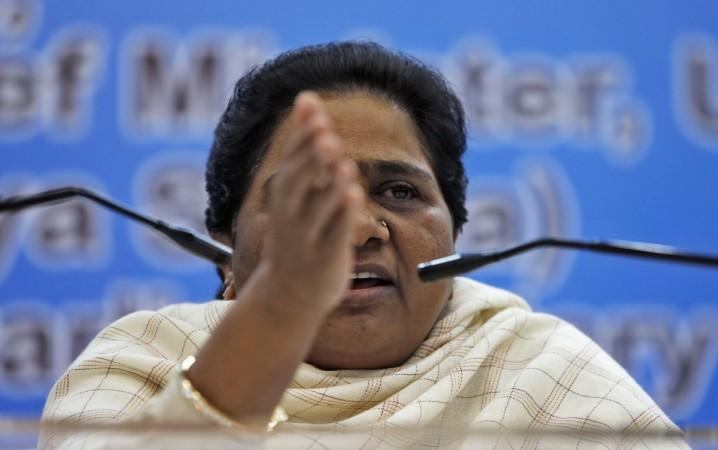
The Dalit community did not vote en-masse for any particular party and instead chose to vote for state-specific issues in the two big states -- Uttar Pradesh and Punjab -- that recently went to polls, according to data.
While it was believed that Dalits would not vote for the Bharatiya Janata Party in Uttar Pradesh, the assembly election results have proved the theory wrong. Dalits reportedly voted for strong leaders like Prime Minister Narendra Modi in Uttar Pradesh and Capt Amarinder Singh in Punjab.
The group, which constitutes 21.2 percent of Uttar Pradesh, and 31.94 percent in Punjab, are a large community and their votes helped tip the polls in favour of both the parties in the respective states.
While it was assumed that Dalits would vote for the Bahujan Samaj Party for its pro-Dalit image, the theorists were proven wrong as the party was decimated in Punjab and held less than 20 seats in Uttar Pradesh, a state where Mayawati was once the chief minister.
In Punjab, Congress won 20 of 34 reserved constituencies, while Akali Dal-BJP got four seats. In Doaba, where 40 percent population is Dalit in all 23 seats, Singh won 14 seats. The AAP won 10 reserved seats in the Malwa region.
"The Dalits voted out Akalis for the high-handedness of their goons, be it the fight for lands in villages or attacks on them," said Dalit intellectual Des Raj Kalli.
In Uttar Pradesh, the BJP and its allies won 75 of 85 reserved seats and the BSP received only two.
"The BJP conducted more than 200 meetings with the most-backward castes and in the process, hinduised them," writer and entrepreneur Chandrabhan Prasad told Hindustan Times.
While experts credited PM Modi and his personal popularity, they also blamed BSP for not being able to present itself as a viable alternative.
"The BSP has to start appealing to the most-backward castes and expand its base," Prasad added.

















